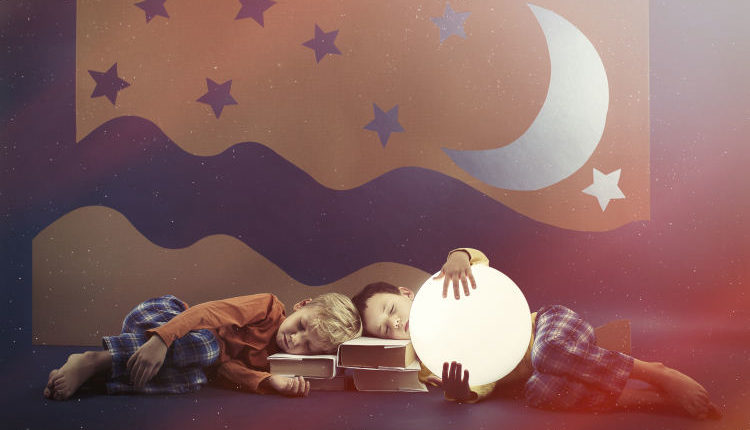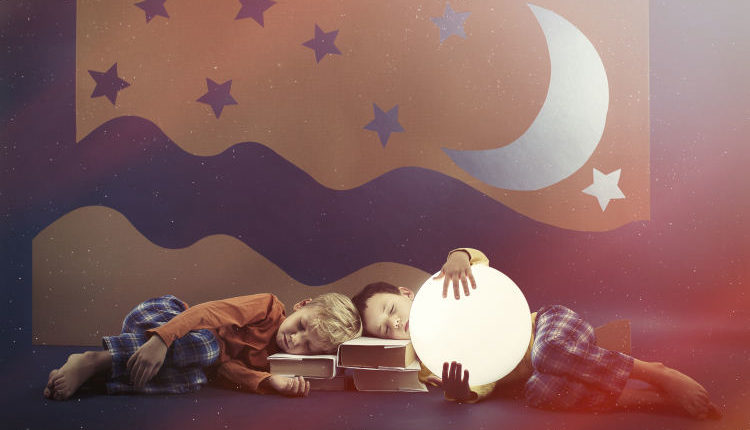
Children more often sleep poorly if their mothers suffer from insomnia symptoms. This report researchers from the University of Basel and the University of Warwick in the journal Sleep Medicine based on a study with nearly 200 school-aged children and their parents.
Sleep plays an essential role for adults’ and children’s well-being. Short sleep and poor sleep quality may affect mental health, learning, memory, and school achievement in children. In Switzerland, around 28% of adult women and 20 % of men suffer from disturbed sleep.
Researchers around Natalie Urfer-Maurer from the Faculty of Psychology at the University of Basel and Prof. Dr. Sakari Lemola from the University of Warwick studied the relationship between parents’ insomnia symptoms and their children’s sleep. Sleep was assessed in healthy 7-12-years old children during one night by in-home electroencephalography (EEG); around half of the children were born preterm. In addition, parents reported their own insomnia symptoms and their children’s sleep problems.
Difficulties getting into bed
The study shows that children of mothers with insomnia symptoms fall asleep later, get less sleep, and spend less time in deep sleep as measured by EEG. However, there was no association between the fathers’ sleep problems.
It is possible that mothers’ sleep is more closely related to children’s sleep than fathers’ sleep because in Switzerland mothers on average still spend more time with their children than fathers. Therefore, the mother’s sleeping behavior has a stronger influence on the child.
When parents reported their children’s sleep, both mothers and fathers with sleep problems more often reported that their children had difficulties getting into bed and did not sleep enough.
Sleep habits
Several mechanisms could account for the relationship between parents’ and children’s sleep, report the researchers. First, children may learn sleep habits from their parents.
Second, poor family functioning could affect both parents’ and children’s sleep. For instance, family fights in the evening before bedtime may prevent the whole family from a good night’s sleep.
Third, it is possible that parents suffering from poor sleep show “selective attention” for their own as well as their children’s sleep problems leading to increased monitoring of sleep. It is possible that increased monitoring and attempts to control sleep may negatively affect sleep quality. Finally, children may also share genes with their parents that predispose for poor sleep.
Original article
Natalie Urfer-Maurer, Rebekka Weidmann, Serge Brand, Edith Holsboer-Trachsler, Alexander Grob, Peter Weber, Sakari Lemola
The association of mothers’ and fathers’ insomnia symptoms with school-aged children’s sleep assessed by parent report and in-home sleep- electroencephalography
Sleep Medicine (2017), doi: 10.1016/j.sleep.2017.07.010
###
Media Contact
Cornelia Niggli
[email protected]
@UniBasel_en
http://www.unibas.ch/
https://www.unibas.ch/en/News-Events/News/Uni-Research/Children-s-sleep-quality-is-related-to-mothers–insomnia-symptoms.html
Related Journal Article
http://dx.doi.org/10.1016/j.sleep.2017.07.010





